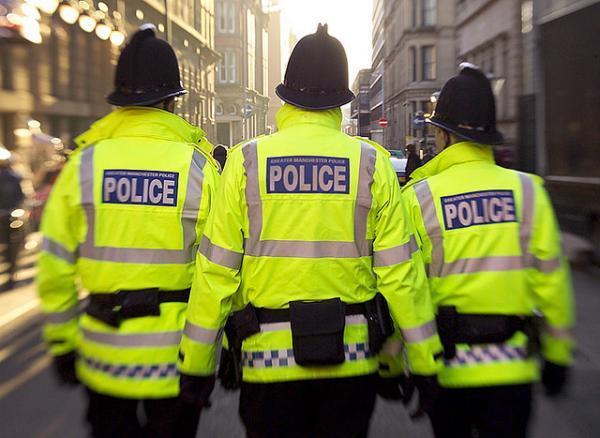By Gabriel Princewill-
Police officers sacked by Hampshire police following a tribunal could not immediately be dismissed because of limited resources, a senior police representative has told The Eye Of Media.Com.
A query was raised that sacked racist Hampshire police officers who expressed the most despicable levels of racism, were not prosecuted, despite statutory provisions which make it an offence to commit clear racist offences.
The first aspect of the query was whether an immediate dismissal should have taken place at the beginning of the investigation, and not taken 3 years for the case to be dealt with by the tribunal. Hampshire Police said the required process of the investigation required the full length of 2 years, and that the pandemic made the process even longer.
Critics say the case should have been expedited because of its seriousness, and not allowed to drag.
The issue led to further scrutiny of the case by this publication, cross checked by members of two participating members of Norfolk and West Ham police force. The overall aim was to examine the integrity of the entire process. Neither of the participating officers would go on record for their views on behalf of the force, but their insight was nevertheless useful.
One senior police representative anonymously told this publication: ”An investigation of this nature is a very complex process with many factors to consider. If an officer was sacked at the start of an investigation, they would still be on pay while not being productive to the police force. If several officers were subjected to pay while an investigation is going on, the resources of the police could be affected
He continued: Sometimes an investigation needs to look at the career history of the officer in order to paint an overall picture of his conduct over a period of time. An officer who has a clean slate will be looked at more leniently than one who has showed patterns of the offensive behaviour in the past.
A thorough investigation requires digging deep into all known backgrounds of the parties involved. There are sometimes factors that could mitigate the seriousness of the offence,’ he said.
Hampshire police were also apologetic about the length of time the case took, but said they could not have dealt with the case any quicker.
A Hampshire Police spokesperson explained: ”Investigations of this nature can and do take time. There was thousands of pages of evidence that was presented to the panel. There were further officers in and around this team that had to be interviewed, support staff that had to be interviewed, there were multiple interviews with the officers.
Then when it comes to the hearing itself, you have a lot of moving parts again – you have eight barristers whose schedules need to line up, you have three people on the independent panel, whose schedule then needs to line up with the barristers. You need to sort a suitable venue to accommodate all this.
Our Chief Constable said in her interviews that obviously we would have preferred the investigation to reach a conclusion sooner, but it is important that this was done thoroughly and correctly. At no stage was it stalled, put to one side or left to gather dust”.
Both the IOPC and Hampshire police expressed satisfaction with the case. The IOPC said it was a positive achievement that the guilty police officers were sacked. The issue surrounding the prosecution of those officers was never pursued, because it simply was not considered. However, some investigation shows that there are other reasons a prosecution may not be pursued.
Stigma
One reason the prosecution of police officers are not always an attractive option for the police is because of the potential stigma it could have on the force, many of whom are trying to uphold the law.
PC Atkins from Ilford, explains: ”Sometimes getting rid of the bad apple from the police force is seen as better than prosecuting the few bad apples and potentially destroying the positive efforts of the law abiding majority in the police force”.
There is a point in the argument that subjecting many police officers to criminal trials on matters relating to racism could disproportionately bias perceptions against police officers, and be counterproductive to the overall aim of effective policing.
The other side to the coin is that inaction could by implication render offending officers immune to the full weight of the law. Striking a balance on how offenders like this are handled by the law is imperative for the establishment of high and honourable standards.
Some serious offences may require criminal convictions to make a strong statement against certain levels of misconduct.
There may be other lesser offences where a tribunal may suffice, but a clear framework setting out how racist offences are handled in the police force is necessary.
The matter is to be escalated to the Hampshire Police Constabulary, with the future purpose of thorough policy shaping, a worthy objective.

